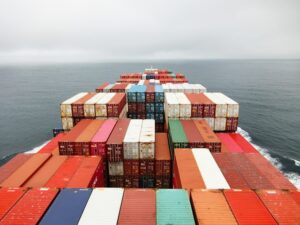A seismic announcement made by UK Prime Minister Rishi Sunak on September 20 has sent shockwaves rippling across the global climate stage, as reported by Nature. At a time when the world’s scientists and diplomats were reaffirming their commitment to the United Nations Sustainable Development Goals, the UK has taken a surprising step by announcing a delay in its plans for achieving net-zero emissions.
Among the changes, a ban on the sale of new petrol and diesel cars, initially set for 2030, will now be postponed until 2035. Similarly, the planned phase-out of new gas-fired boilers for heating homes by 2030 is now slated for the same extended timeline.
Reports from AP emphasize the profound implications of the UK’s decision. The UK, once hailed as a climate leader, is now positioned in the spotlight as it reshapes its climate commitments. The delay in achieving net-zero emissions raises questions about the nation’s climate leadership and the broader implications for global climate efforts.
This development underscores the intricate interplay between domestic policy decisions and the global climate agenda. As AP analysis highlights, the UK’s shift in its decarbonization timeline has far-reaching consequences for the momentum of climate action worldwide. The decisions of individual nations have a cascading effect on the global climate movement.
The UK’s decision has garnered significant international attention and sparked discussions about the evolving dynamics of climate leadership. Climate commitments and timelines have become a focal point of global diplomacy, shaping how nations are perceived in the context of climate change.
Attention is now turning to how the UK will navigate its revised climate goals and the impact on international climate negotiations. As the UK undergoes this recalibration, the world watches closely, acutely aware of the pivotal role that nations like the UK play in driving global climate progress.














